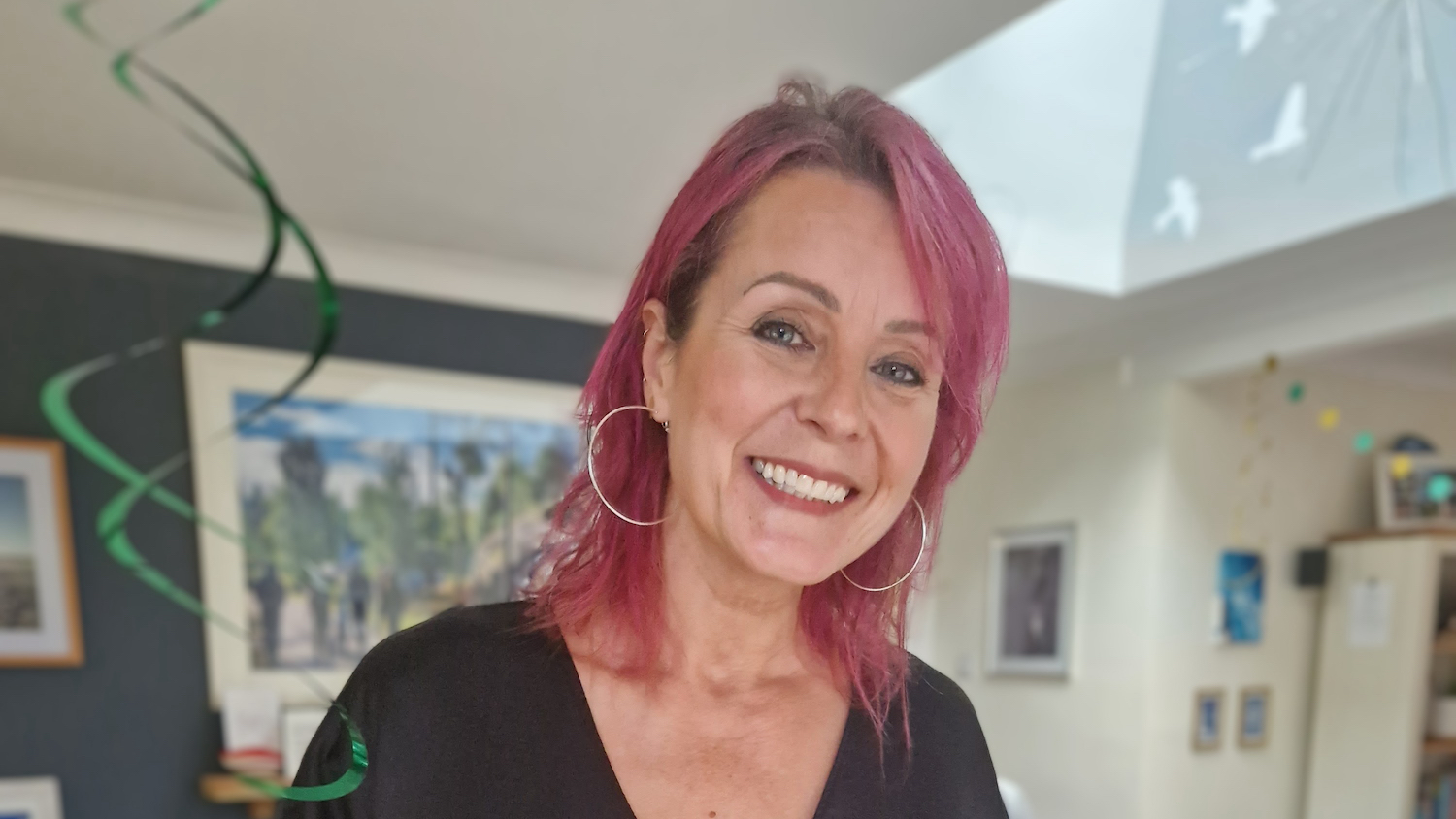
Living and working with breast cancer
To mark Breast Cancer Awareness Month, recent MCIOB graduate Jeannie Ambrose bravely shares her experience of remaining in employment while tackling long-term ill health
Around one in seven women will be diagnosed with breast cancer during their lifetime, according to figures from Cancer Research UK.
This is a reality faced by Jeannie Ambrose, whose life changed irrevocably in May 2019, when she was diagnosed with metastatic (stage 4) breast cancer. Doctors have predicted a life expectancy of three to five years.
Ambrose describes her initial diagnosis as “quite harsh”, discovering she had tumours in both breasts.
“It’s an absolutely devastating thing to be told,” she says. “However, I’m always really aware that I don’t want to speak for other people. I just speak from my own experience – how I found it.
“I think I didn’t want to look too far ahead. I didn’t want to think about that. It definitely drew me back into the here and now.”
Career push
Following her diagnosis, Ambrose says there was “absolutely no question” about leaving her career. She chose to remain in her role as a building control surveyor for East Cambridgeshire District Council until earlier this year, when she made the difficult decision to take medical retirement.
“At the time… my husband was working, my children were at college. I just wanted to keep everything as normal as possible for me and for them, so that life carried on although we had this massive thing to carry,” she explains.
“Actually, that really helped in the beginning. It helped me to have something else to focus on. Concentrate on work and family.”
Adding an additional level of pressure, Ambrose had already decided to undertake CIOB’s Professional Development Programme (PDP).
She informed CIOB of her diagnosis and explained that it might take longer to complete the programme than initially anticipated. She says both CIOB and her employer were hugely compassionate.
“East Cambs District Council… along with CIOB, were both incredibly supportive and at no point did they ever treat me like a cancer patient,” she says.
“They treated me as somebody who wanted to continue with the role and who was enthusiastic about the role.”
Despite the challenges, Ambrose was determined to complete the PDP.
“I’d come in on the Graduate Programme, which meant I needed to have three years of working within that role before I could qualify, alongside completing all the modules of the programme,” she says.
“It actually took me four years to complete, so I completed it this year.
“I was determined that I was going to complete it before I left. There was no way I was going to do all that work and not complete it,” she laughs, adding: “I wanted that ceremony. I wanted those gowns!”
Impact on daily life
On a practical level, how did the cancer diagnosis impact Ambrose’s day-to-day working life? Alongside a drug-based treatment, regular scans and appointments have become her new normal.
“I didn’t have to go in and have any intravenous chemo, or I didn’t have to have any radiotherapy because my cancer had already spread,” Ambrose explains.
“It was about keeping it under control, so we didn’t go down the road of removing it because that ship’s already sailed.
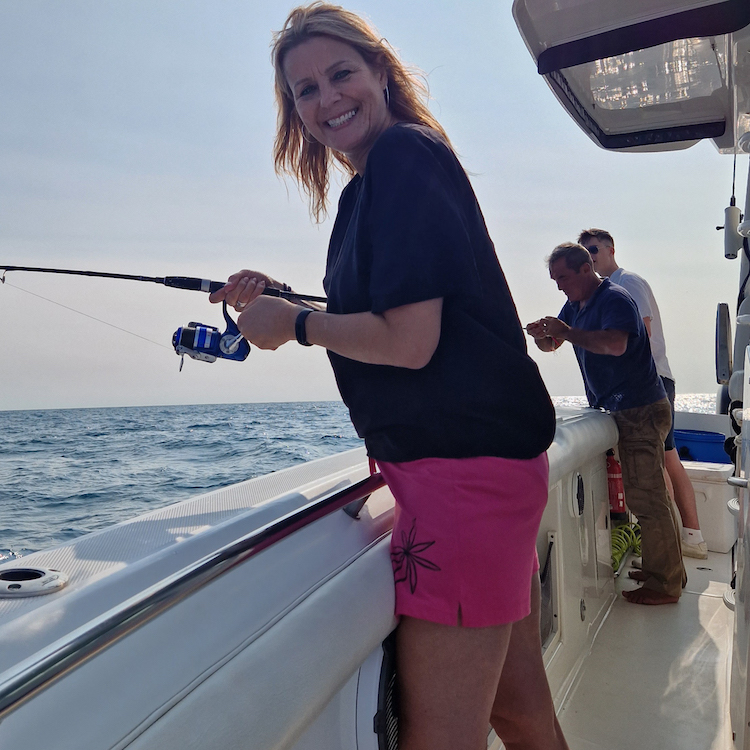
It’s very easy when you hear the words ‘incurable cancer’ that you automatically visualise a cancer patient who’s very ill and perhaps can’t function very well. Actually, many of us are functioning really well
“I would probably start work a little bit earlier and finish off a little bit earlier because later in the day, I’d start to get a bit more tired.”
Ambrose adds that flexibility and support from employers is crucial for people who decide to continue their careers following a cancer diagnosis.
“I think it’s very easy when you hear the words ‘stage 4 cancer’ or ‘incurable cancer’, that you automatically visualise a cancer patient who’s very ill and perhaps can’t function very well,” she says.
“Actually, many of us are functioning really well. Many of us are living longer than the three to five years.
“We’ve suddenly got a whole different perspective on life. I’m not saying you suddenly become wiser, but you change the way you feel about things. There’s definitely still so much for an employer to gain from supporting a cancer patient of any stage.”
She adds: “If employers are just understanding of the situation, I think they’ll find that stage 4 patients who want to work [do] want to carry on as normal.”
Ambrose points to an overarching desire for a fulfilling life and career, which remains resolute following a cancer diagnosis.
“There are definitely still things that person can bring to the table,” she insists. “And there’s such a huge amount of skills that would be lost, if [an employer] were to walk away from that person.”
Part of the workforce
As medical treatments improve over time, it is likely to become increasingly common to have members of the workforce with long-term health conditions, such as cancer.
Ambrose is hopeful that others facing a similar diagnosis won’t be deterred if they want to continue their careers.
“I have really enjoyed being part of the construction industry. I’ve gained so much from it,” she says. “I wouldn’t want someone within the industry to get this diagnosis and think ‘that’s it, it’s over for me’ because it most certainly is not.”
Far from relishing a quiet retirement, Ambrose is now considering how she can continue to contribute to the industry, perhaps through mentoring.
“Trying to give something back is very important for me,” she explains. “If I was at home doing nothing at all, it would be very easy for my thoughts to spiral into a dark place – somewhere I don’t want them to go.
“It’s empowering to feel like you’re doing something good either for yourself or for other people. I want to help the next person in the same way that people have helped me get through it all and decide what my life is going to look like.
“That encouragement and hope is so important. If I can help someone else feel that it’s not such a heavy burden, that it’s not just despair, that will be my legacy.”
- Listen to Jeannie’s story on October’s edition of the 21CC podcast:
Comments
Comments are closed.


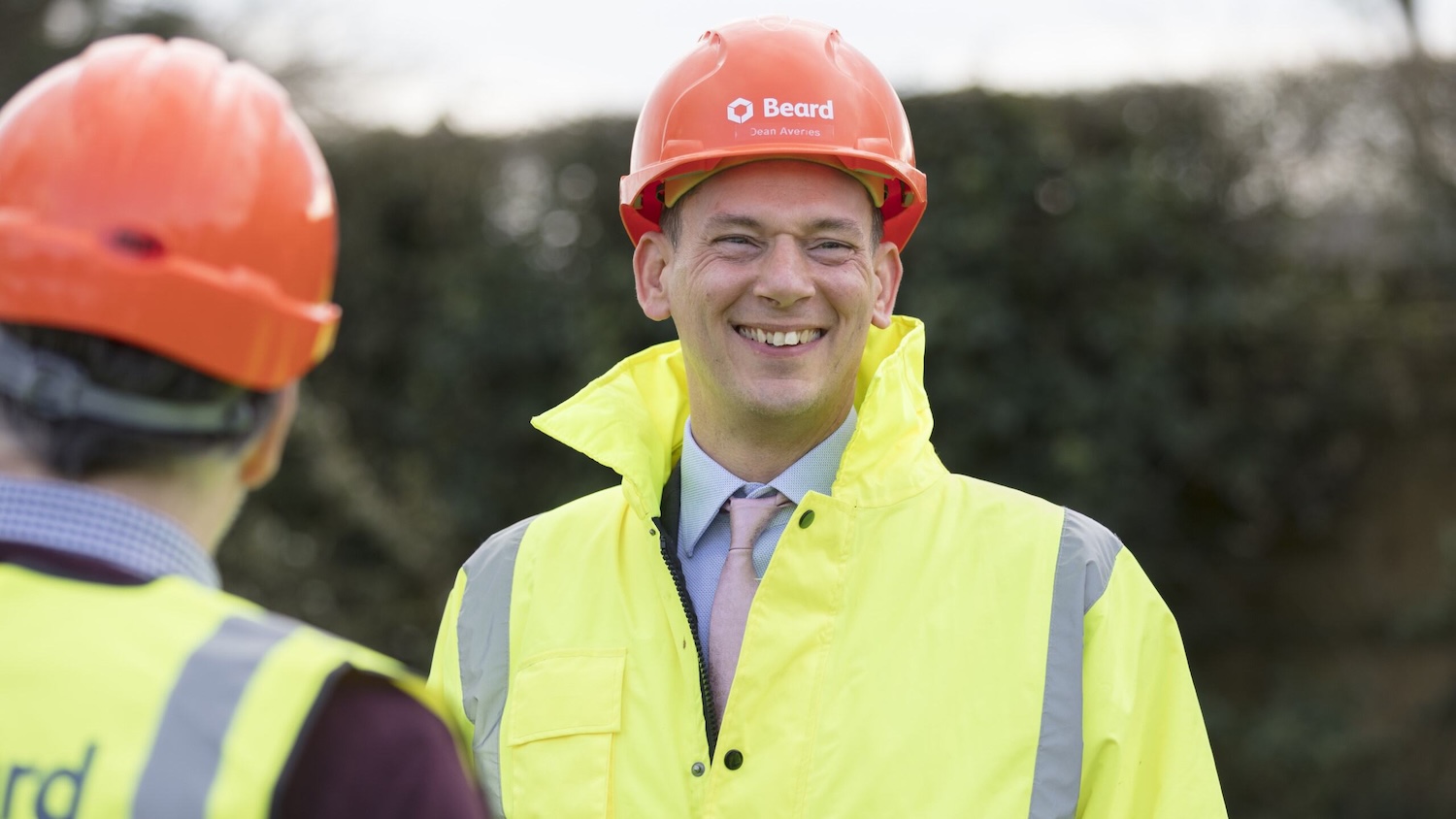
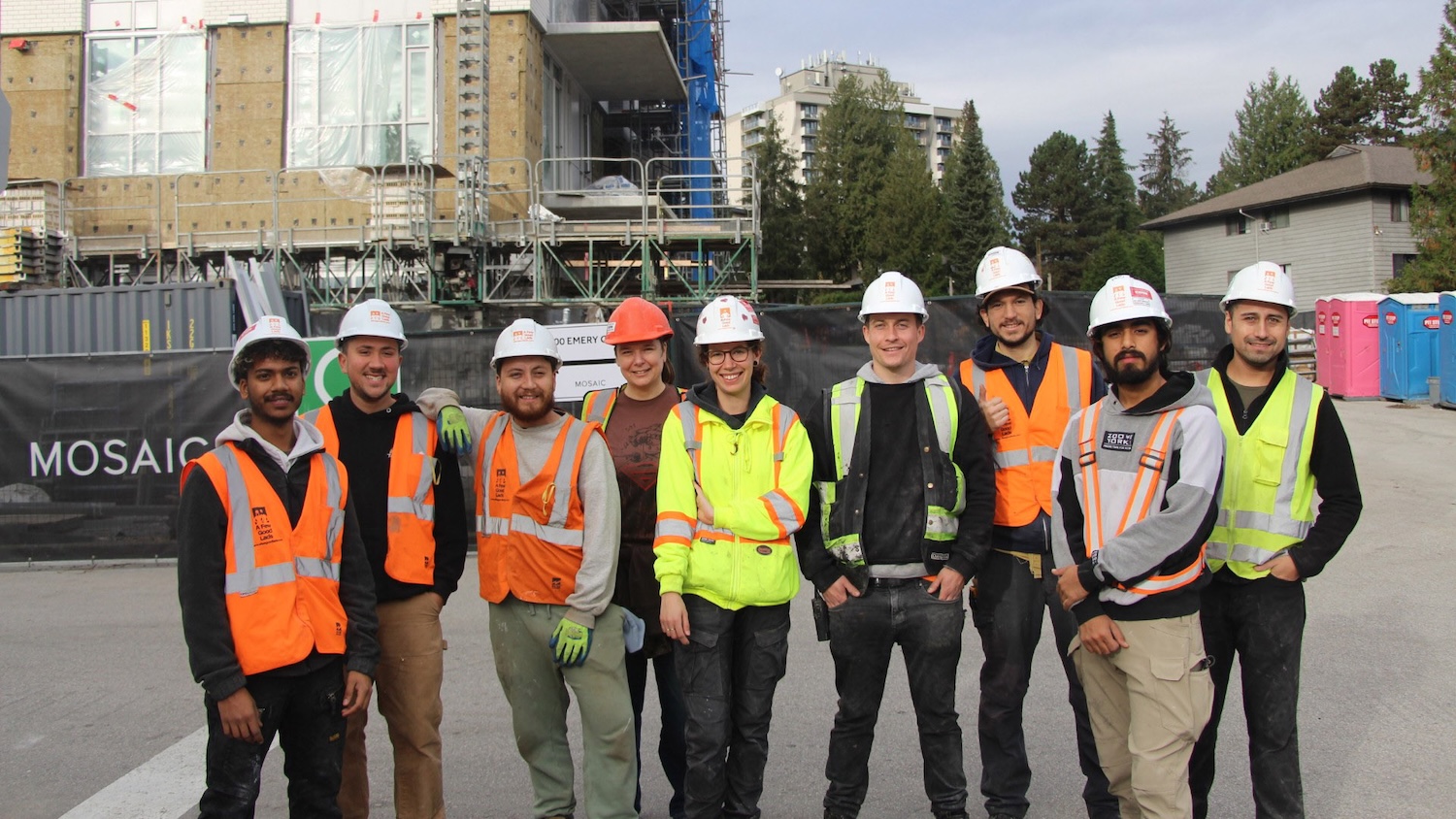
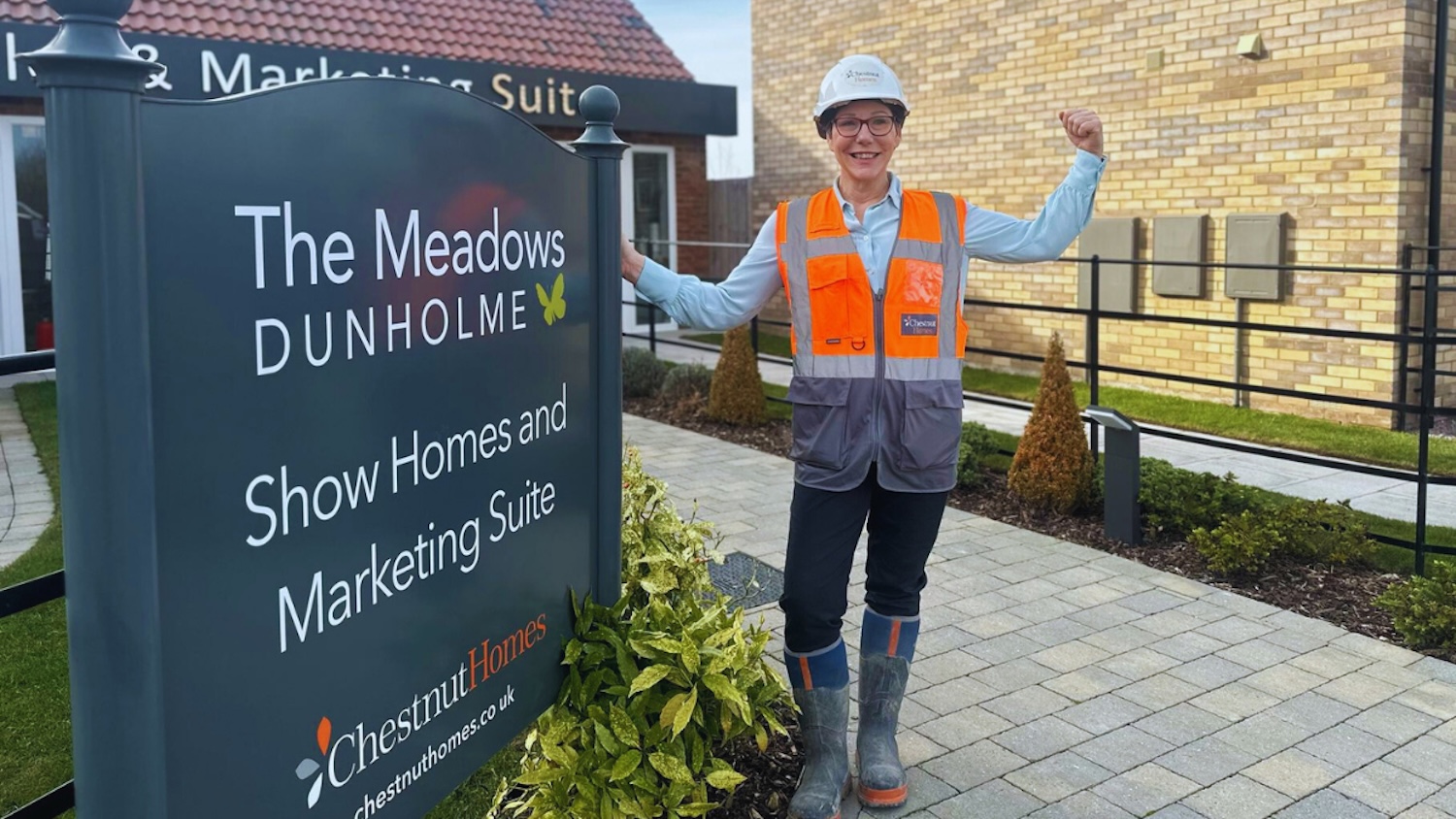
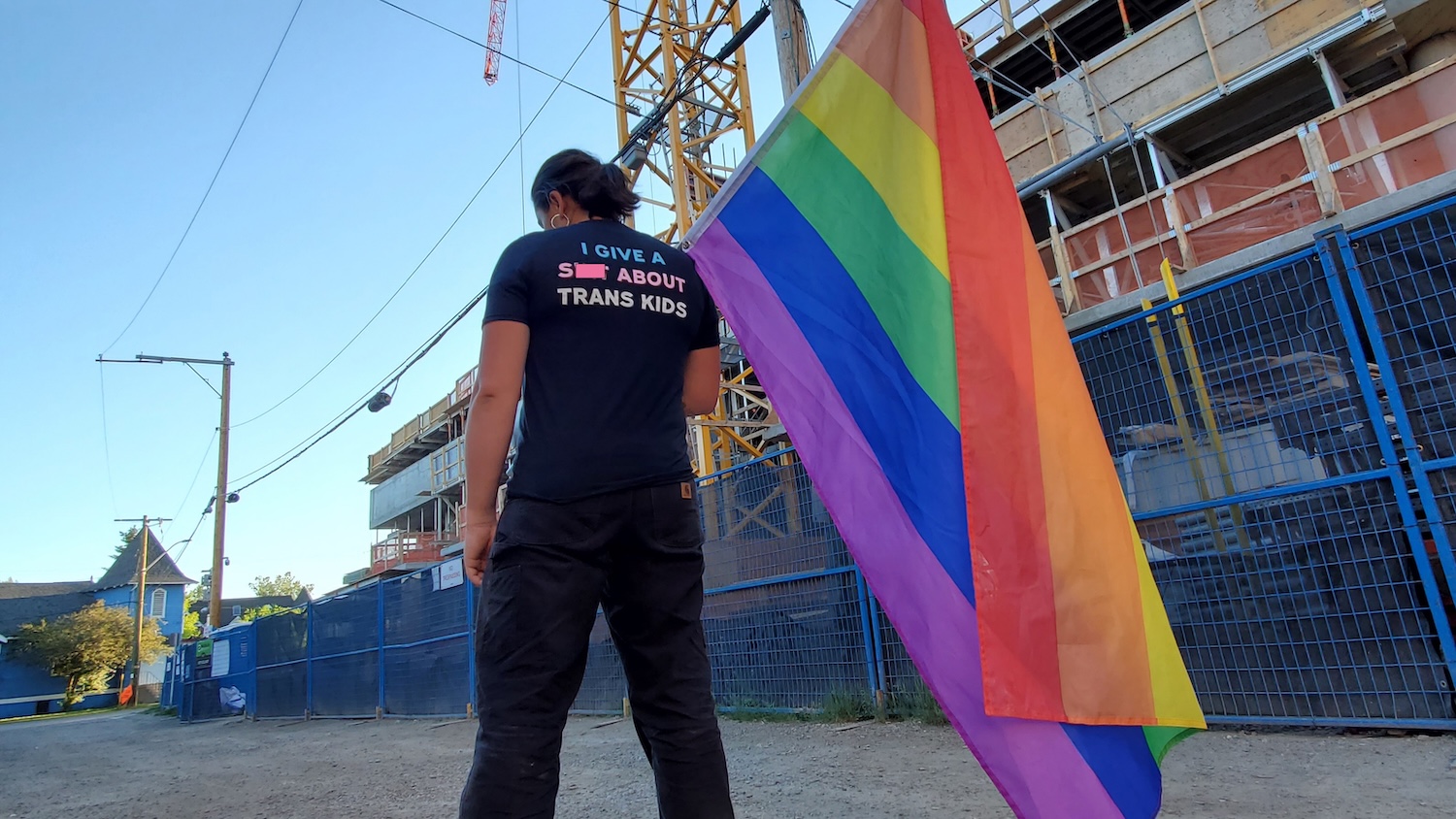
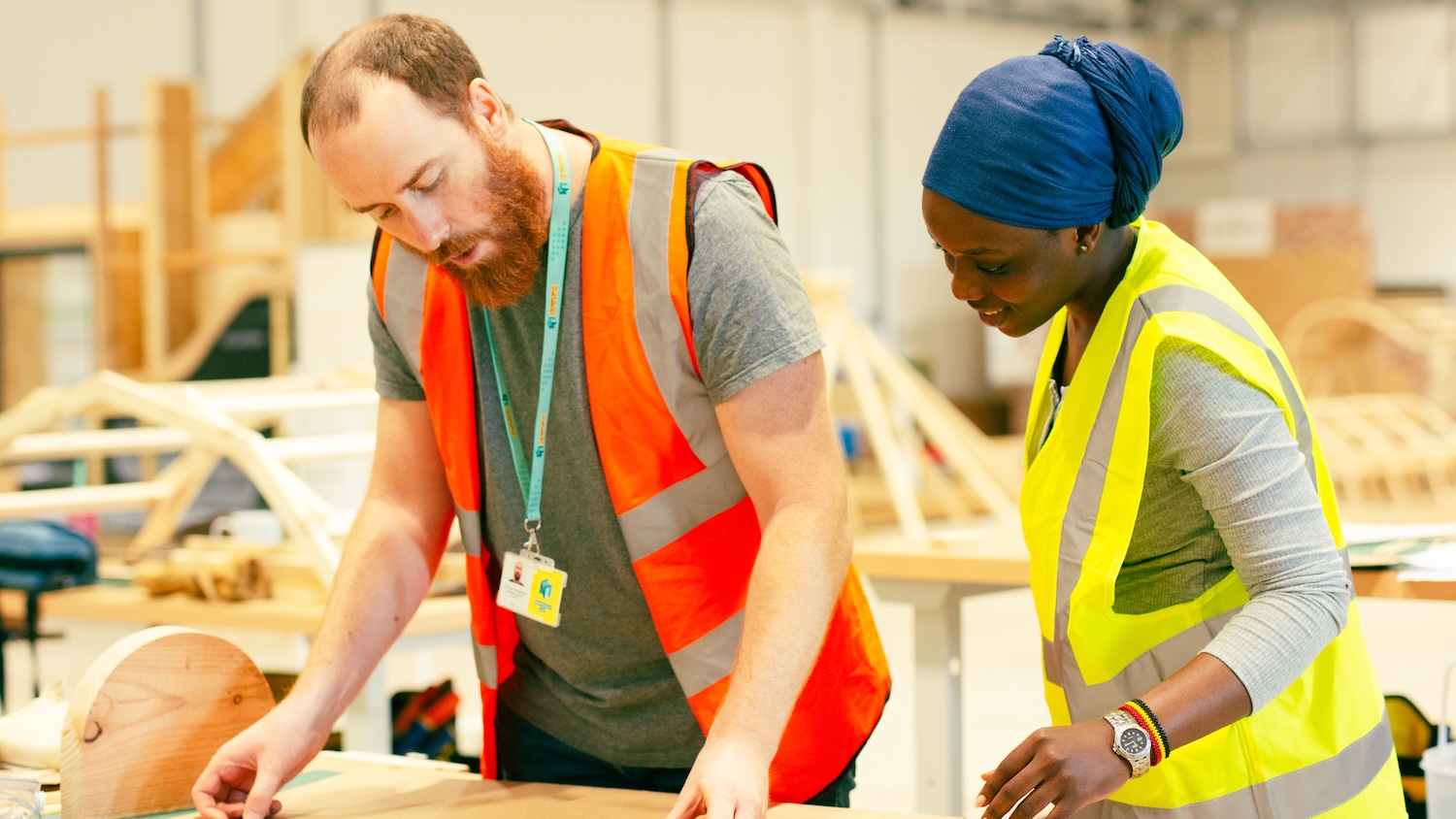

I had the pleasure of working with Jeannie at East Cambs, a colleague and friend, she is an amazing woman, a true source of inspiration to all and a wonderful person.
Great to hear Jeannie’s positive message – I too am living and working with a Stage 4 Cancer diagnosis and treatment, ironically also in Cambs. I echo all Jeannie’s comments- your diagnosis doesn’t have to change your appetite for carrying on with your construction career in fact in can inspire you on even further- however, in my experience, this is only possible with a fully supportive Employer such as Jeannie’s.